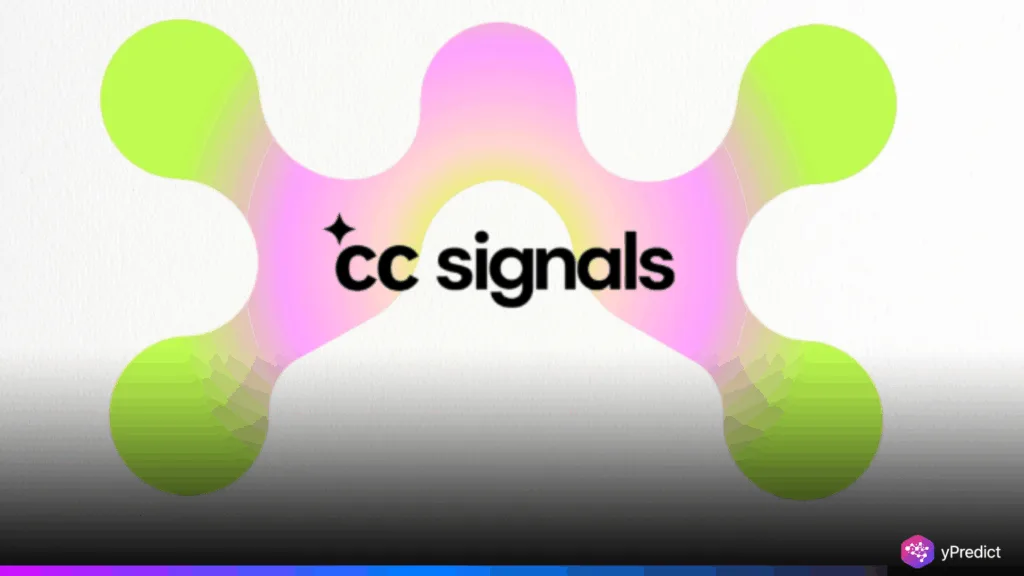
Creative Commons has launched an initiative called CC Signals, designed to help data holders. It allows them to express how their content should be used by AI systems. This nonprofit’s open licensing model has earned it widespread recognition. It is currently working to address the ethical and legal gaps in the current AI landscape.
Furthermore, CEO Anna Tumadóttir emphasized the company’s goal of developing an equitable framework for open data sharing in the AI era. This project is an important step in redefining AI ethics. As companies and artists compete for control over the use of their creations.
Creative Commons Reshapes Rules of Content Use
The Creative Commons project introduces a hybrid approach. It combines ethical, social, and legal tools to direct the use of content in AI training. It provides a means to communicate intent and data-sharing preferences rather than just legally binding licenses. These preferences, which determine whether dataset reuse is permitted or not, are readable by both humans and machines.
Additionally, the growing popularity of machine learning has led to conflict between the rights of creators and the call for open data. As companies rush to gather data for training big AI models, concerns about uncontrolled data scraping are growing. Additionally, by promoting openness and respect between data owners and AI developers, CC Signals provides a means of resolving these disputes.
Developers Invited to Shape the CC Signals Era
Early design documents are now live on the CC website and GitHub, offering an open space for feedback. The project contains draft code, use case examples, and technical specifications for researchers and developers. By November 2025, a public alpha version is anticipated, and town halls will be held to solicit feedback from a broad audience.
This community-led design approach draws from Creative Commons’ legacy. Additionally, this initiative may have an impact on AI ethics standards, much like CC licenses transformed copyright. Sarah Hinchliff Pearson, the general counsel, emphasized the strength of group action. According to him, collective expression has the power to alter the rules of the digital world, even if one preference isn’t particularly strong.
Reddit’s robots.txt restrictions and Cloudflare’s plans to charge AI bots are examples of how platforms are reacting to AI overreach. Creative Commons offers a cooperative alternative to some block crawlers that use bold tactics. These tools encourage open data sharing without exploitation and are ethically sound.
Rethinking Content Use in the AI Age
The project is a response to a growing need. More tech companies are being forced to revise their policies. They aim to clarify how user data is handled in the age of machine learning. Thus, this change has demonstrated how important it is to communicate clearly to maintain accountability and trust.
The initiative aims to strike a compromise between complete control and unrestricted data extraction. Additionally, by highlighting community and reciprocity, it seeks to make AI ethics a shared responsibility. Therefore, programs like this can help maintain open data access while returning control to creators.
Shaping the Future of Open AI Practices
CC Signals represents a new era of data sharing. It builds on Creative Commons’ values to create trust and fairness in a rapidly evolving AI landscape. Therefore, the true test will be whether the upcoming alpha release spurs a cultural shift that allows open data and AI ethics to coexist.






